Guide by: Jake Madoff
Co-Founder | Agreeable & Co.
Practices involving mindfulness and meditation have become quite popular in recent years. According to Google Trends, searches for “mindfulness training” and “meditation” have been steadily increasing since 2009.
Given its rise in popularity and the numerous health benefits of mindfulness training and meditation — both neurologically, psychologically, and otherwise — I decided it was time to make a guide on how mindful meditation impacts one’s brain, emotional health, and sense of self.
This guide covers the many spiritual underpinnings of mindful mediation (i.e., how it allows one to be present and thus cultivate a sense of time and place), the history of the lifestyle, and the many scientifically substantiated health benefits of mindfulness meditation as it relates to deep breathing, improving cognition, and reducing anxiety.
In short, it’s looking good for those who practice mindful meditation.
Everything You Need To Know About
Meditation, Mindfulness & Your Mental & Emotional Health
1. Documentaries & Documentary Short Films
The below documentaries focus on the habitual practices that define the mindful lifestyle. Several of these films follow a select individual or group of individuals on their path to a mindful life. “Room to Breathe”, for example, is a brilliant film that follows the journey of troubled high schools students who begin to incorporate mindful meditation into the classroom and everyday life. Alternatively, if you’re interested in the science behind mindful meditation, “Free The Mind” follows a neuroscientist on his journey to discover how the repeated practice of mediation changes the brain (namely, his own).
“The Zen Mind” – A Documentary on the True Nature of Zen in the World’s Top Monasteries (Watch Full)
By: Empty Mind Films
“Beyond Thought (Awareness Itself)” – A Documentary About How The Self & Awareness is Cultivated Through Mindfulness
By: Indy Feature Documentary
“The Buddha” – An Eight-Part Documentary Film About The Growth of Meditation & Mindfulness in Buddhism
By: PBS by Award-winning Filmmaker David Grubin
“Meditation The Film : The Science and Spirituality of Meditation” (Watch Full)
By: Chayan Vinayak Goswami
“BBC Health Documentary: Alternative Therapies Meditation” – A Documentary Film on The Health Benefits of Meditation
By: BBC Documentary
“The Mindfulness Movie” – A Documentary Film That Explores the Research Behind the Benefits of Mindfulness (Watch Full)
By: Paul Harrison
“Room to Breathe” – A Story of Transformation as Struggling Kids in a San Francisco are Introduced to the Practice of Mindfulness Meditation (Watch Full)
By: Russell Long
“Free The Mind” – A Documentary Film that Follows Neuroscientist Dr. Richard Davidson as He Embraces the Practices of Buddhist monks (Watch Full)
By: Phie Ambo
“Mindfulness And Recovery” – A Documentary Short That Follows The Lives of Those Who Uses Mindfulness To Heal & Recover
By: Lisa Byrnes
2. Books
Books on mindfulness training and meditation have similarly become popular and more available in recent years. In particular, there’s been a growth in instructional books — that help those who are beginners and want to learn. I’ve included a few of these books below, but the majority take a more advanced approach in discussing the lifestyle. In other words, “Wherever You Go, There You Are”, “Mindfulness: An Eight-Week Plan for Finding Peace in a Frantic World”, and “TIME Mindfulness: The New Science of Health and Happiness” delve into the psychology of mindfulness (i.e., how it improves your emotional regulation and anxiety) — while the two books by Thich Nhat Hanh, for example, walk you through the early steps of incorporating mindfulness training and mediation into your daily routine.
“Declutter Your Mind: How to Stop Worrying, Relieve Anxiety, and Eliminate Negative Thinking”
By: S.J. Scott
“The Miracle of Mindfulness: An Introduction to the Practice of Meditation”
By: Thich Nhat Hanh
“Mindfulness: An Eight-Week Plan for Finding Peace in a Frantic World”
By: Mark Williams
A National Best-Seller, “Wherever You Go, There You Are”
By: Jon Kabat-Zinn
“Mindfulness for Beginners: Reclaiming the Present Moment and Your Life”
By: Jon Kabat-Zinn Ph.D.
Best Seller, “Peace Is Every Step: The Path of Mindfulness in Everyday Life”
By: Thich Nhat Hanh
Best Seller, “The Art of Happiness, 10th Anniversary Edition: A Handbook for Living”
By: Dalai Lama
“TIME Mindfulness: The New Science of Health and Happiness”
By: The Editors Of Time
3. Talks & Interviews with Industry Leaders, Reporters, Researches & Psychologists
Once again, TED Talks and TEDx Talks where a super useful and helpful resource here. The talk by Dr. Kasim Al-Mashat is incredibly interesting and explores the power of the brain to adapt and evolve, and, if you’re interested in neuroanatomy, the talk by Sara Lazar is fascinating in the way it details how meditation influences brain states. Additionally, if you’re new to Alan Watts, then I’d recommend his lecture on the bottom right. He’s a Buddhist-trained philosopher and offers an enumerable amount of helpful life insights.
A Lecture by Mark Williams, “Mindfulness – Meditation – Mind Health – Psychology – Education Lecture”
By: Oxford Mindfulness Center
A Lecture by The History Channel, “Psychology of Mindfulness – What We Know and Don’t Know”
By: History Channel
A TEDx Talk: “How mindfulness meditation redefines pain, happiness & satisfaction” – TEDxSFU
By: Dr. Kasim Al-Mashat | TEDxSFU (2014)
A TED Talk: “All it takes is 10 mindful minutes”
By: Andy Puddicombe
A TEDx Talk: “Why Aren’t We Teaching You Mindfulness” – TEDxYouth
By: AnneMarie Rossi | TEDxYouth (2015)
A TEDx Talk: “How mindfulness can help you to live in the present” – TEDxKyoto
By: Rev. Takafumi Kawakami | TEDxKyoto (2015)
A TEDx Talk: “How Meditation Can Reshape Our Brains” – TEDxCambridge
By: Sara Lazar | TEDxCambridge (2012)
An Interview with Dan Harris, “Hack Your Brain’s Default Mode with Meditation”
By: Big Think
An Interview with Emma Seppälä – “Increase Your Productivity by Mastering Singular Focus and Mindful Meditation”
By: Big Think
An Lecture by Alan Watts – “The Art of Meditation”
By: Alan Watts
4. Peer-Reviewed Articles & Research Reports
I was pleasantly surprised with the number of peer-reviewed studies on the health and neurological benefits of meditation and mindfulness training. Moreover, I was happy to see that each study involved a significant sample size and explored many of the questions I had about the field before making this guide. Mindfulness practice leads to increases in regional brain gray matter density is a fascinating study in that it substantiates a significant benefit of mindful meditation (i.e., an increase in brain gray matter). On a more psychological level, the article, The mindful brain and emotion regulation in mood disorders was equally fascinating to read, detailing that mindful meditation has the ability to benefit one’s sense of self through improving mood and emotional regulation. Truly, all are interesting!
Meditation, mindfulness and executive control: the importance of emotional acceptance and brain-based performance monitoring
Abstract:
“Previous studies have documented the positive effects of mindfulness meditation on executive control. What has been lacking, however, is an understanding of the mechanism underlying this effect. Some theorists have described mindfulness as embodying two facets—present moment awareness and emotional acceptance. Here, we examine how the effect of meditation practice on executive control manifests in the brain, suggesting that emotional acceptance and performance monitoring play important roles. We investigated the effect of meditation practice on executive control and measured the neural correlates of performance monitoring, specifically, the error-related negativity (ERN), a neurophysiological response that occurs within 100 ms of error commission. Meditators and controls completed a Stroop task, during which we recorded ERN amplitudes with electroencephalography. Meditators showed greater executive control (i.e. fewer errors), a higher ERN and more emotional acceptance than controls. Finally, mediation pathway models further revealed that meditation practice relates to greater executive control and that this effect can be accounted for by heightened emotional acceptance, and to a lesser extent, increased brain-based performance monitoring. ”
Mindfulness practice leads to increases in regional brain gray matter density
Abstract:
“Therapeutic interventions that incorporate training in mindfulness meditation have become increasingly popular, but to date little is known about neural mechanisms associated with these interventions. Mindfulness-Based Stress Reduction (MBSR), one of the most widely used mindfulness training programs, has been reported to produce positive effects on psychological well-being and to ameliorate symptoms of a number of disorders. Here, we report a controlled longitudinal study to investigate pre–post changes in brain gray matter concentration attributable to participation in an MBSR program. Anatomical magnetic resonance (MR) images from 16 healthy, meditation-naïve participants were obtained before and after they underwent the 8-week program. Changes in gray matter concentration were investigated using voxel-based morphometry, and compared with a waiting list control group of 17 individuals. Analyses in a priori regions of interest confirmed increases in gray matter concentration within the left hippocampus. Whole brain analyses identified increases in the posterior cingulate cortex, the temporo-parietal junction, and the cerebellum in the MBSR group compared with the controls. The results suggest that participation in MBSR is associated with changes in gray matter concentration in brain regions involved in learning and memory processes, emotion regulation, self-referential processing, and perspective taking.”
Meditation, mindfulness and cognitive flexibility
Abstract:
“This study investigated the link between meditation, self-reported mindfulness and cognitive flexibility as well as other attentional functions. It compared a group of meditators experienced in mindfulness meditation with a meditation-naïve control group on measures of Stroop interference and the “d2-concentration and endurance test”. Overall the results suggest that attentional performance and cognitive flexibility are positively related to meditation practice and levels of mindfulness. Meditators performed significantly better than non-meditators on all measures of attention. Furthermore, self-reported mindfulness was higher in meditators than non-meditators and correlations with all attention measures were of moderate to high strength. This pattern of results suggests that mindfulness is intimately linked to improvements of attentional functions and cognitive flexibility. The relevance of these findings for mental balance and well-being are discussed.”
What are the benefits of mindfulness? A practice review of psychotherapy-related research
Abstract:
“Research suggests that mindfulness practices offer psychotherapists a way to positively affect aspects of therapy that account for successful treatment. This paper provides psychotherapists with a synthesis of the empirically supported advantages of mindfulness. Definitions of mindfulness and evidence-based interpersonal, affective, and intrapersonal benefits of mindfulness are presented. Research on therapists who meditate and client outcomes of therapists who meditate are reviewed. Implications for practice, research, and training are discussed.”
The mindful brain and emotion regulation in mood disorders
Abstract:
“Mindfulness involves nonjudgmental attention to present-moment experience. In its therapeutic forms, mindfulness interventions promote increased tolerance of negative affect and improved well-being. However, the neural mechanisms underlying mindful mood regulation are poorly understood. Mindfulness training appears to enhance focused attention, supported by the anterior cingulate cortex and the lateral prefrontal cortex (PFC). In emotion regulation, these PFC changes promote the stable recruitment of a nonconceptual sensory pathway, an alternative to conventional attempts to cognitively reappraise negative emotion. In neural terms, the transition to nonconceptual awareness involves reducing evaluative processing, supported by midline structures of the PFC. Instead, attentional resources are directed toward a limbic pathway for present-moment sensory awareness, involving the thalamus, insula, and primary sensory regions. In patients with affective disorders, mindfulness training provides an alternative to cognitive efforts to control negative emotion, instead directing attention toward the transitory nature of momentary experience. Limiting cognitive elaboration in favour of momentary awareness appears to reduce automatic negative self-evaluation, increase tolerance for negative affect and pain, and help to engender self-compassion and empathy in people with chronic dysphoria.”
Mindfulness meditation improves cognition: Evidence of brief mental training
Abstract:
“Although research has found that long-term mindfulness meditation practice promotes executive functioning and the ability to sustain attention, the effects of brief mindfulness meditation training have not been fully explored. We examined whether brief meditation training affects cognition and mood when compared to an active control group. After four sessions of either meditation training or listening to a recorded book, participants with no prior meditation experience were assessed with measures of mood, verbal fluency, visual coding, and working memory. Both interventions were effective at improving mood but only brief meditation training reduced fatigue, anxiety, and increased mindfulness. Moreover, brief mindfulness training significantly improved visuo-spatial processing, working memory, and executive functioning. Our findings suggest that 4 days of meditation training can enhance the ability to sustain attention; benefits that have previously been reported with long-term meditators.”
Inside the mindful mind: How mindfulness enhances emotion regulation through improvements in executive control
Abstract:
“Although the psychological benefits of mindfulness training on emotion regulation are well-documented, the precise mechanisms underlying these effects remain unclear. In the present account, we propose a new linkage between mindfulness and improved emotion regulation—one that highlights the role played by executive control. Specifically, we suggest that the present-moment awareness and nonjudgmental acceptance that is cultivated by mindfulness training is crucial in promoting executive control because it increases sensitivity to affective cues in the experiential field. This refined attunement and openness to subtle changes in affective states fosters executive control because it improves response to incipient affective cues that help signal the need for control. This, in turn, enhances emotion regulation. In presenting our model, we discuss how new findings in executive control can improve our understanding of how mindfulness increases the capacity for effective emotion regulation.”
8-week mindfulness based stress reduction induces brain changes similar to traditional long-term meditation practice – A systematic review
Objective:
“The objective of the current study was to systematically review the evidence of the effect of secular mindfulness techniques on function and structure of the brain. Based on areas known from traditional meditation neuroimaging results, we aimed to explore a neuronal explanation of the stress-reducing effects of the 8-week Mindfulness Based Stress Reduction (MBSR) and Mindfulness Based Cognitive Therapy (MBCT) program.”
Mindfulness as a core strategy for promoting mental health and increasing positive (flourishing) states of well-being
Abstract:
“The growing evidence for mindfulness practice shows significant benefits for health across multiple settings (Mental Health Foundation, 2011). The Mental Health Foundation of New Zealand (MHF) is interested in promoting mindfulness in education, workplaces, and healthcare settings in Aotearoa/New Zealand. This interest has grown out of the development, delivery, and research of a New Zealand specific mindfulness in schools programme, the compiling of international and local research looking at the benefits of mindfulness in a range of settings, and the development of an online directory of New Zealand mindfulness trainers. Due to the potential for significant mental health benefits, the MHF views mindfulness as a core strategy for helping to reduce psychological distress and increase positive (flourishing) states of wellbeing.”
5. Blog Articles & News Reports
This last bit includes a bit more digestible, accessible articles on the health benefits of meditation and mindfulness training. Many of these articles allude to the findings that the above studies corroborate, but present the findings in ways that are slightly more streamlined and easier to understand. The one article below from the New York Times was particularly insightful and outlines nicely the various positive impacts that proper meditation has on the mind and body.
5 key benefits of mindfulness training
By: Northern Arizona University
Practices for improving emotional and physical well-being
By: Help Guide
Benefits of mindfulness
By: Lisa Firestone Ph.D. – of Psychology Today
The science of mindfulness
By: Daniel Siegel – of mindful
How meditation changes the brain and body
By: Gretchen Reynolds – of New York Times
What does mindfulness meditation do to your brain?
By: Tom Ireland – of Scientific America
6 scientifically proven benefits of mindfulness and meditation
By: Jeena Cho – of Forbes
Hey people! My name is Jake. I’m the Co-Founder of Agreeable & Co. I’m an Environmentalist, Social Entrepreneur, Writer and Developer. Besides making people- and planet-friendly products more accessible through Agreeable & Co., I run an online research guide for sustainable, ethical, and healthy products, called Greener Square (which is slowly transitioning to Agreeable & Co.); and helped to start an award-winning trade and barter app, called TradeMade, that measures and tracks one’s carbon footprint. I also recently graduated from New York University, where I studied corporate sustainability, environmental ethics, and ecological science. In a word, conscious consumption and overall healthy, low-impact living is my jam. I also like jam.
Have a question? I’ll answer.
New & trending kits.
Hippie Soulstice: Everyday Eco Ethical Fashion, Handmade w/ Upcycled Fabrics
How To Save Money, While Reducing Paper Waste in Your Kitchen #ZeroWasteKitchen
How to Be Green & Energy Efficient at Home, Using New Modern Tech
Minimalist Eco Ethical Clothing: Jackets, Tops, Shoes & More, in Black
5 Top Reviewed, Best Apps for Stopping, Combating Climate Change
How to Reduce Your Carbon Footprint: 5 Best Green Tech Essentials
health benefits of mindfulness
health benefits of mindfulness. Learn about the health benefits of mindfulness & meditation on your emotional health & health benefits of mindfulness meditation on your brain & cognition. health benefits of mindfulness. health benefits of mindfulness. Learn about the health benefits of mindfulness & meditation on your emotional health & health benefits of mindfulness meditation on your brain & cognition. health benefits of mindfulness. health benefits of mindfulness. Learn about the health benefits of mindfulness & meditation on your emotional health & health benefits of mindfulness meditation on your brain & cognition. health benefits of mindfulness.
Get on the list.


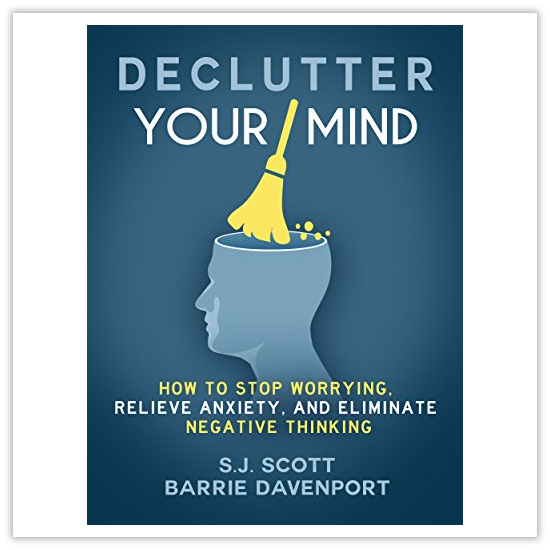
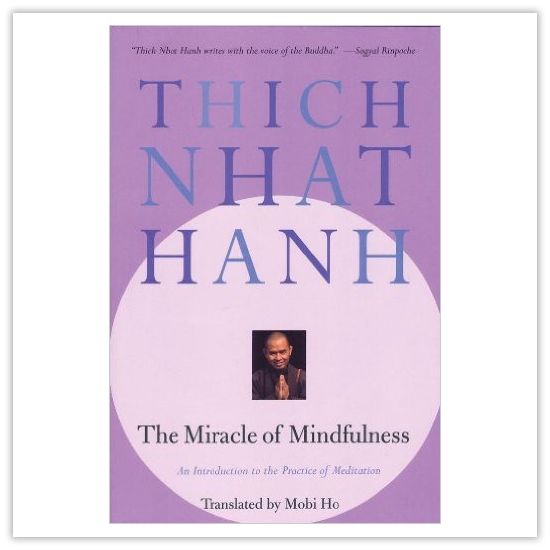
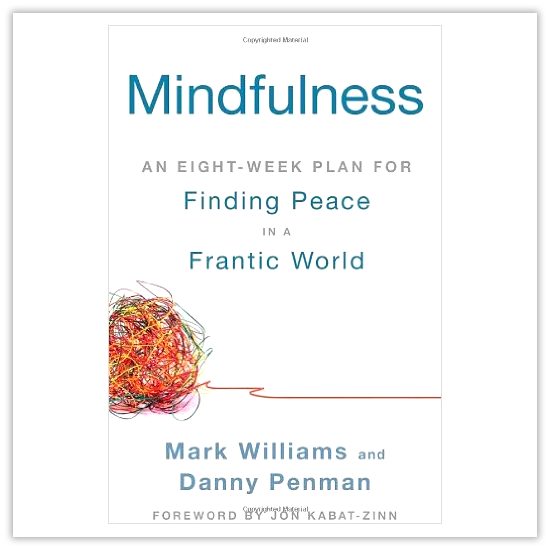
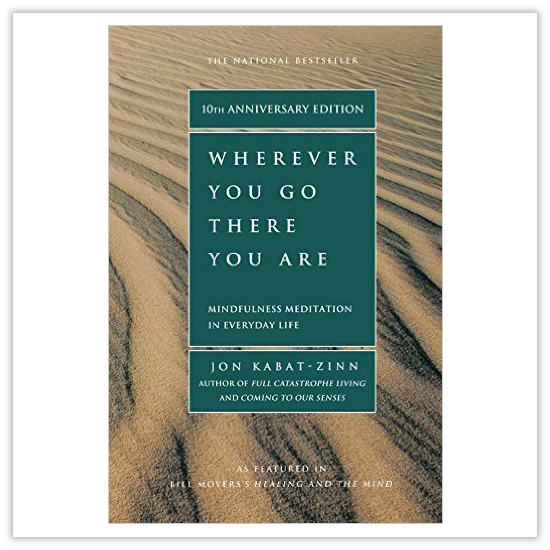
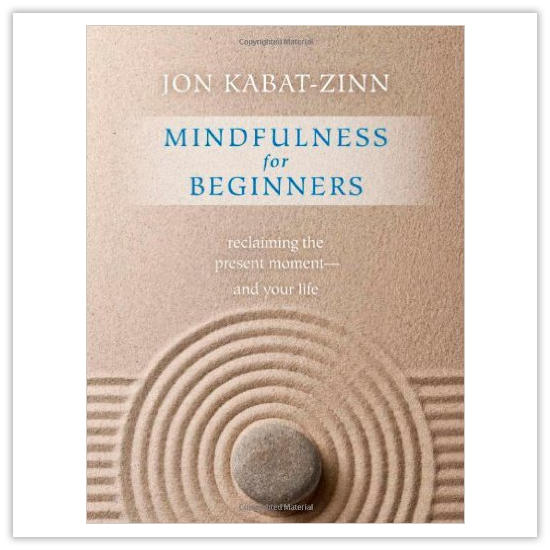


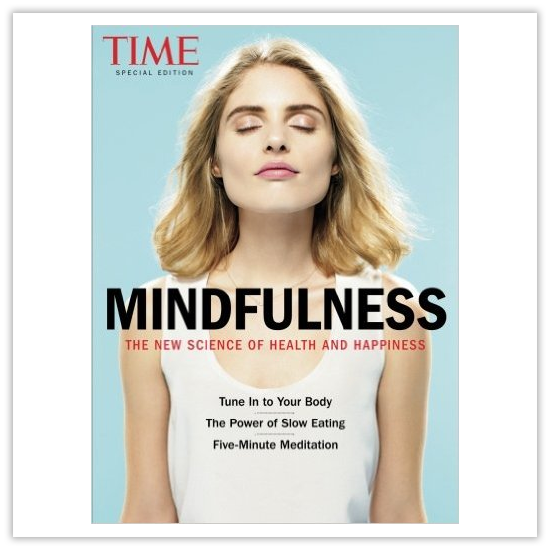







0 Comments